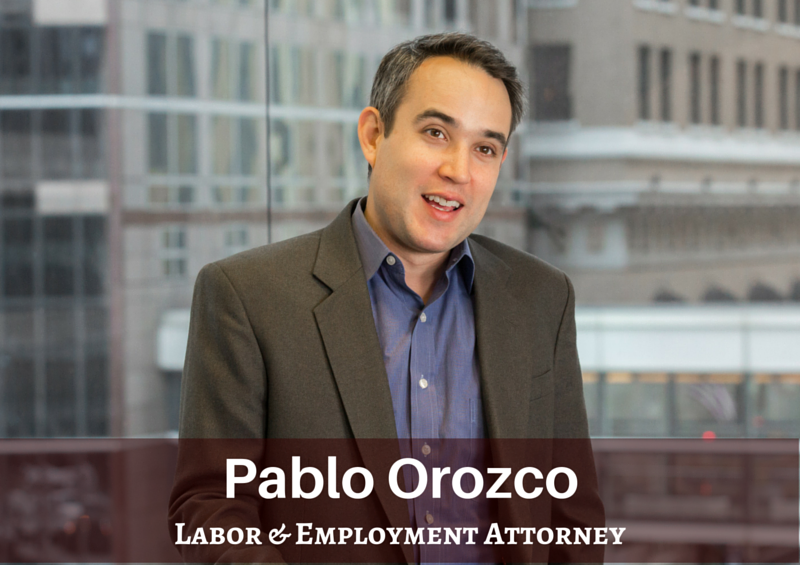
Posted June 1st, 2016 in Top Stories, Legal Insights
Ruling Arbitration and Class-Waiver Agreement Unenforceable, 7th Circuit Creates A Circuit Split
On May 26, the 7th Circuit Court of Appeals issued a decision in favor of the plaintiff in Lewis v. Epic Systems Corporation, a case regarding the enforceability of arbitration agreements between employers and their employees. The court’s decision is notable because it goes against the Supreme Court, 8th Circuit, 5th Circuit, and 9th Circuit precedent, which favors employers. In the case, the plaintiff (Lewis) sued Epic, alleging he and a class of similarly situated employees had been misclassified as exempt from overtime wage requirements in violation of the Fair Labor Standards Act (FLSA) and Wisconsin law. Although Lewis had previously signed an arbitration and class-waiver agreement, he argued the agreement was unenforceable because it was illegal under the National Labor Relations Act (NLRA). The 7th Circuit agreed with his view, holding that filing a collective or class action lawsuit constitutes a protected “concerted activity” under Section 7 of the NLRA. Significantly, it also concluded this interpretation of the NLRA was not at odds with the Federal Arbitration Act (FAA), interpreting earlier Supreme Court cases like Concepcion and Italian Colors narrowly to mean that not everything that “conceivably makes arbitration less attractive automatically conflicts with the FAA.” “Lewis exposes employers to class or collective lawsuits in Wisconsin, Illinois, and Indiana,” said Pablo Orozco, labor and employment attorney at Nilan Johnson Lewis. “If an employer finds itself facing a class or collective suite in any of those states, I recommend moving aggressively to transfer venue to a more favorable jurisdiction,” said Orozco. To contact Pablo Orozco about this case decision, reach him at porozco@nilanjohnson.com or 612.305.7729. For media inquiries, contact Aaron Berstler at aaron@kohnstamm.com or 651.789.1264.